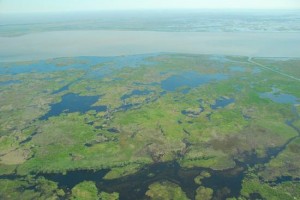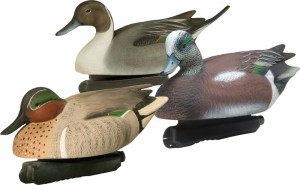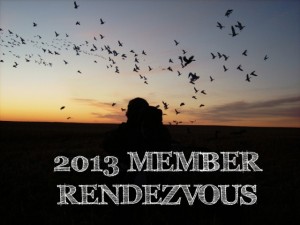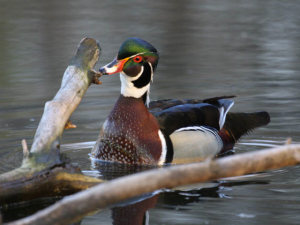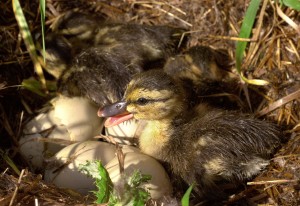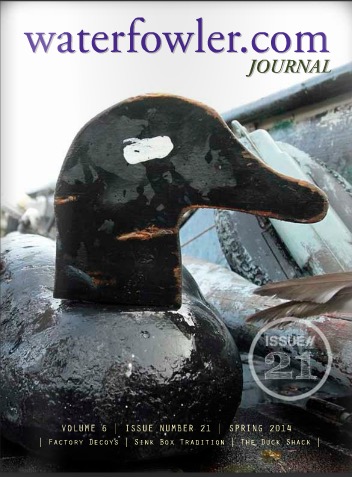Maumee, OH – The Scholastic Shooting Sports Foundation (SSSF) reported today that it had record breaking attendance at its National Team Championships. Over 2000 shooter athletes, which is an increase of over 30% from last year’s event, descended on the World Shooting & Recreational Complex (WSRC) in Sparta, IL the week of July 15-20 for the SCTP/SPP 2013 National Team Championships!
Shotgun shooters competed in either Skeet (600 participants), Sporting Clays (500 participants) or Trap (1600 participants) over the course of six days, many athletes competed in more than one discipline. Over 160 Teams from 26 different states were represented, setting a new attendance record for the Scholastic Clay Target Program (SCTP). Continue reading






